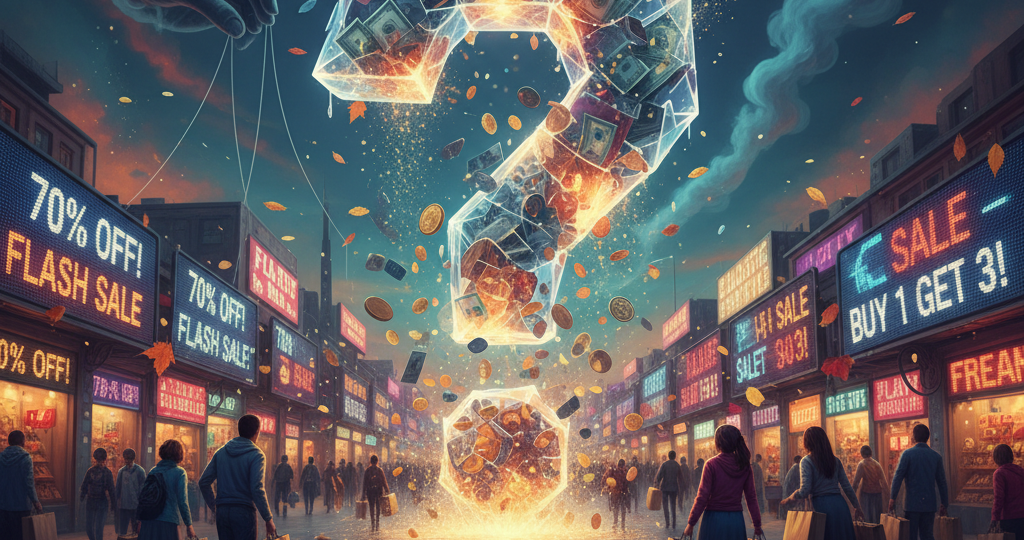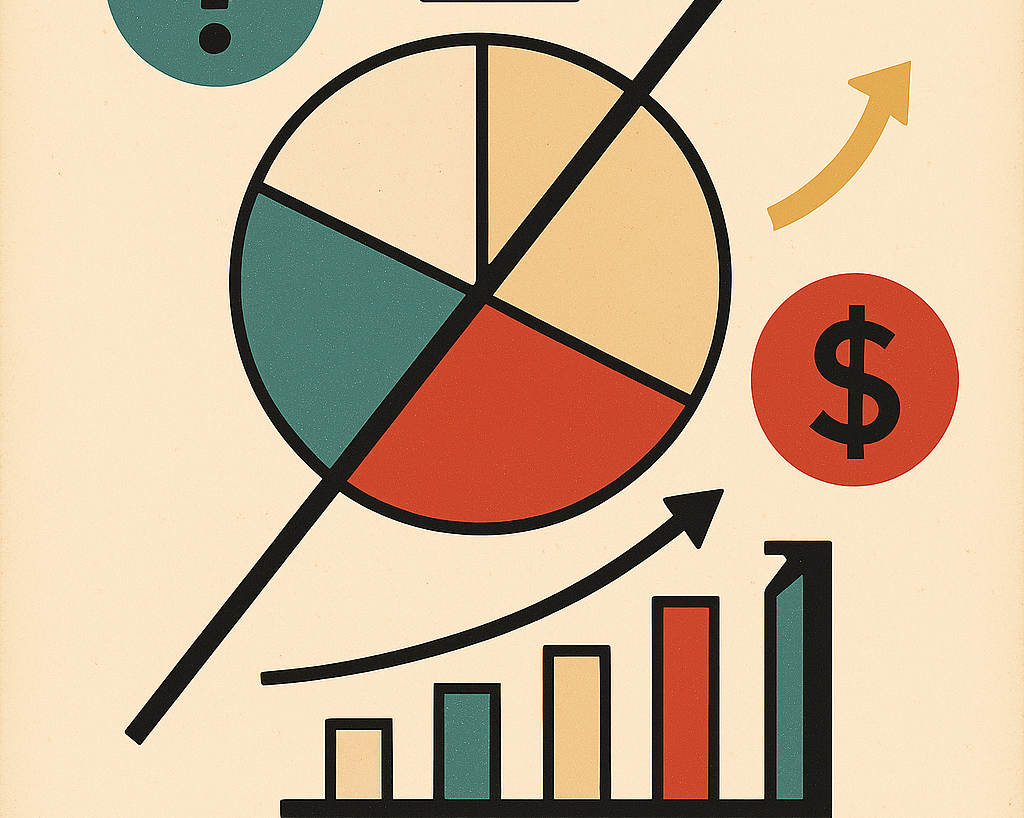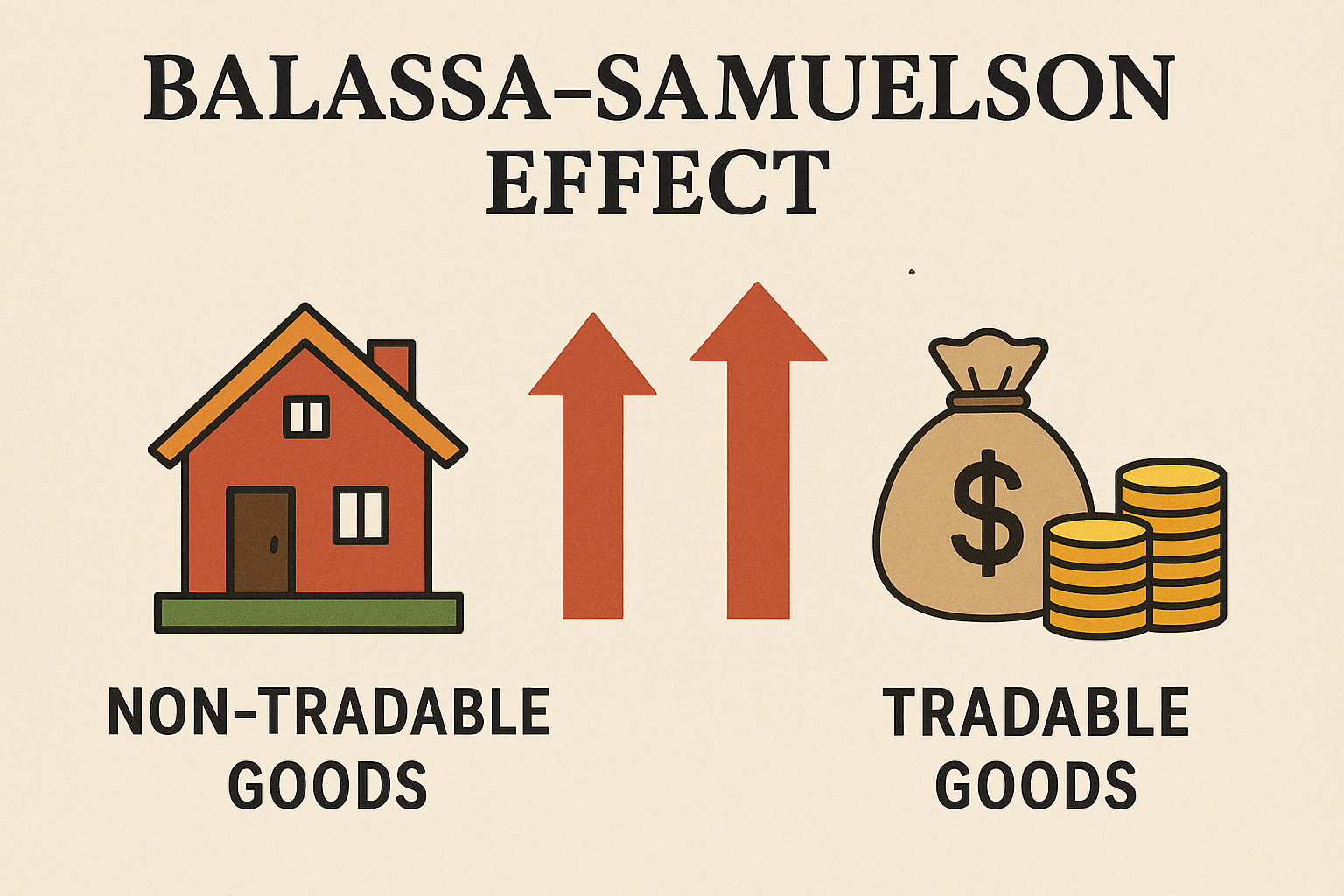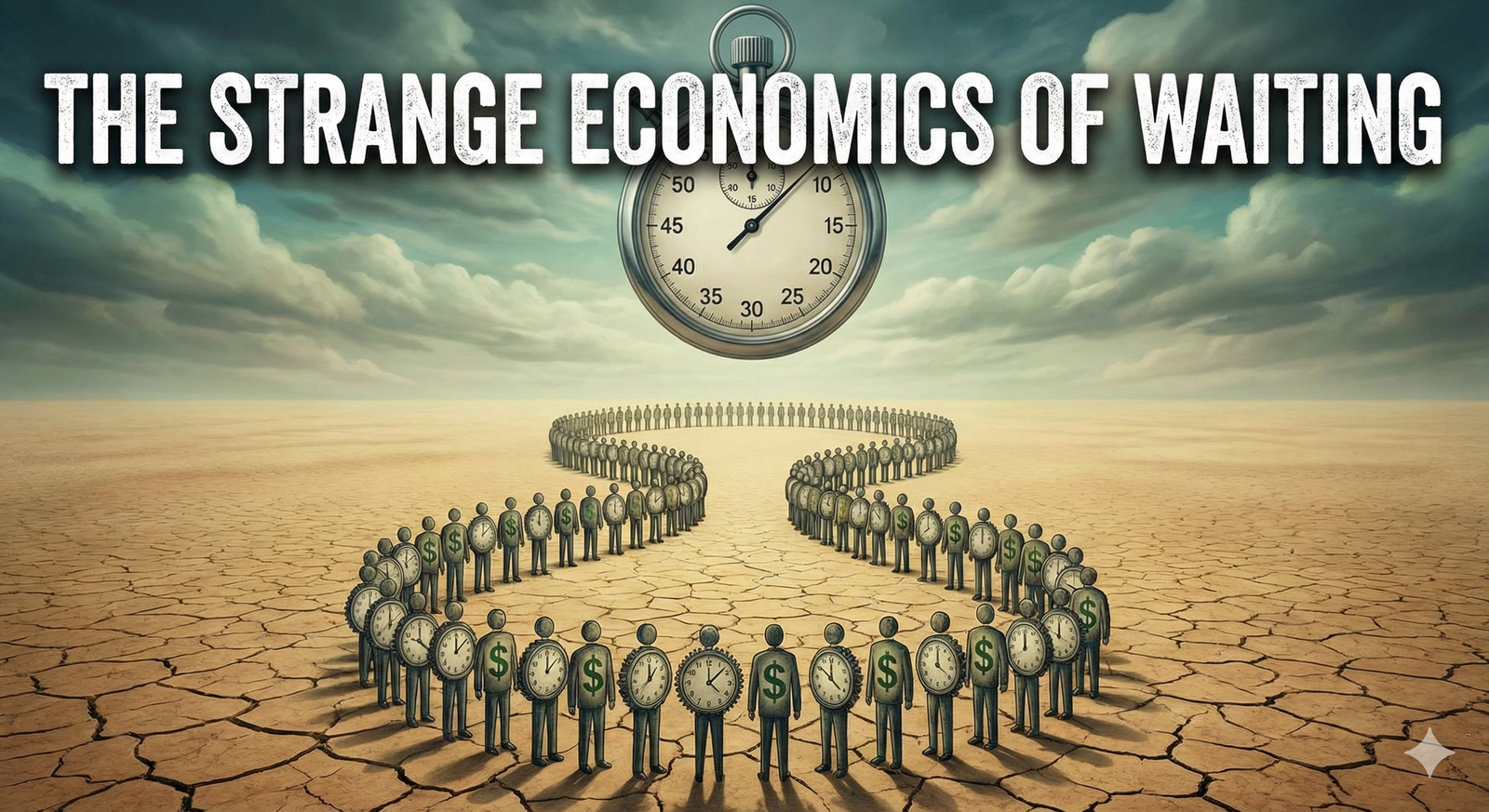
You know that rush when you see 50% off flash across your screen? Suddenly, you’re convinced you need that thing you didn’t even know existed five minutes ago. Welcome to the fascinating intersection of economics and psychology — the illusion of value.
What’s really happening isn’t just about saving money; it’s about how our brains perceive reward. Behavioral economists like Daniel Kahneman and Richard Thaler discovered that humans are loss-averse — we hate losing money more than we enjoy gaining it. So, when something is “on sale,” our brain interprets it as avoiding a loss, not just getting a deal. That’s why discounts feel urgent — they trigger the fear of missing out.
Retailers, of course, know this. They use anchoring — showing a high “original price” next to a lower sale price — to make the discount seem irresistible, even when the item’s value hasn’t changed. Ever noticed how “limited-time offers” make you click faster? That’s scarcity bias, another mental shortcut convincing you that rarity equals worth.In pure economic terms, discounts should be rational decisions about utility and price. But humans aren’t calculators — we’re emotional shoppers. The next time you spot a “deal,” pause and ask: Would I buy this if it weren’t discounted? If the answer’s no, then congratulations — you just outsmarted one of the oldest tricks in the economic playbook.
RELATED POSTS
View all


